
Spotlighting global biopharma innovation, the event will unite leaders to discuss digitalization, sustainable manufacturing, and future-ready development.

Spotlighting global biopharma innovation, the event will unite leaders to discuss digitalization, sustainable manufacturing, and future-ready development.

Sherwin-Williams’ advanced coating systems are designed to ensure safety, sterility, and efficiency in pharma manufacturing environments.
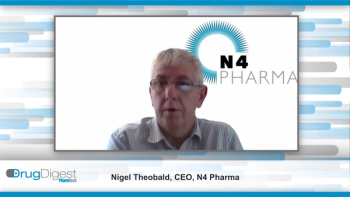
In this episode of Drug Digest, industry experts discuss their experiences in dealing with the challenges of developing and manufacturing next-generation biotherapeutics as well as triumphs that move the industry as a whole forward.

Novo Nordisk will use the DKK 8.5 billion (US$1.2 billion) to build a new modular and flexible production facility in Odense, Denmark, that will produce multiple products for rare diseases.
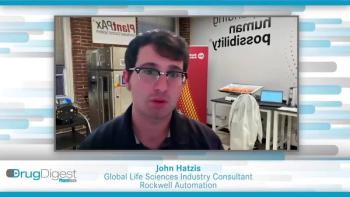
In this episode of Drug Digest, industry experts discuss the ongoing development of automating biomanufacturing processes, including its challenges and practical applications.
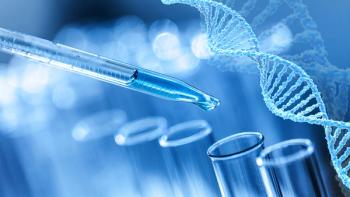
Genentech will have access to Sangamo’s capsid delivery platform and epigenetic regulation capabilities to develop genomic medicines for certain neurodegenerative diseases.

FDA granted priority review to Sanofi's sBLA for Sarclisa in combination with VRd in treating transplant-ineligible patients who are newly diagnosed with multiple myeloma.

With this acquisition, Merck KGaA will have the capability to offer integrated services for viral vector manufacturing.

The separation of deamidated capsids from non-deamidated capsids can be achieved using HIC, according to studies done by a team at Oxford Biomedica.

In a new agreement, Cellares will utilize its Cell Shuttle fully automated cell therapy manufacturing platform to manufacture select CAR-T cell therapies under development by Bristol Myers Squibb.

Twist Bioscience now offers its Express Genes rapid gene synthesis service at its Wilsonville, Ore., manufacturing facility.

FUJIFILM Diosynth Biotechnologies has finished its new viral vector gene therapy manufacturing facility in Darlington, United Kingdom.

CN Bio and LifeNet Health LifeSciences have teamed up to provide direct access to a portfolio of highly characterized hepatic cells for the creation of advanced liver-on-a-chip assays.

Under a manufacturing agreement, Northway Biotech will develop a manufacturing process for iTolerance’s fusion protein in development for regenerative therapy.
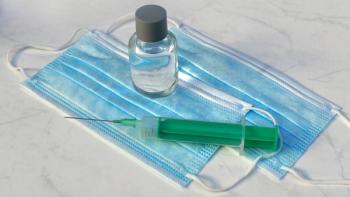
Recent industry guidance aims to anchor rapid COVID-19 vaccine development in good manufacturing practice protocols.

Automation, digitalization, and supply-chain strategies help mitigate vulnerabilities in both autologous and allogeneic cell therapy manufacturing.
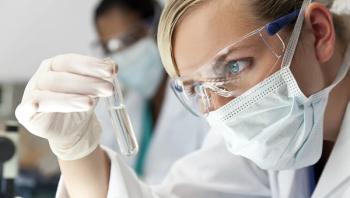
Current and newer biologic modalities pose increasingly complex challenges to the detection and characterization of protein aggregates.
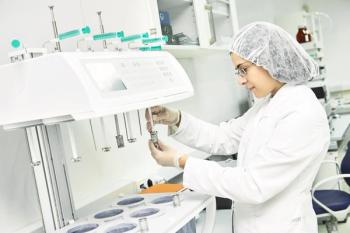
Dissolution testing is an important aspect of drug development as it provides stability parameters and helps predict drug behavior in-vivo.
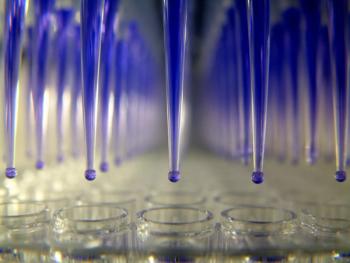
The use of analytical assays is crucial for determining that biosimilar critical quality attributes remain on point.

Dissolution testing is an important aspect of drug development as it provides stability parameters and helps predict drug behavior in-vivo.
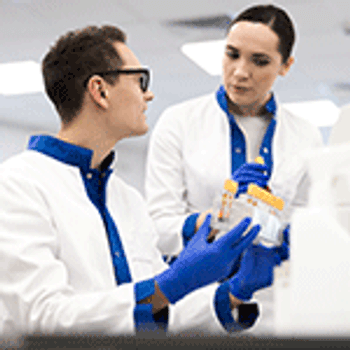
Bioanalytical studies are a significant part of biologic drug development that may require partnering with bioanalysis experts.

Bioanalytical studies are an important aspect of biologic drug development that may necessitate partnering with bioanalysis experts.
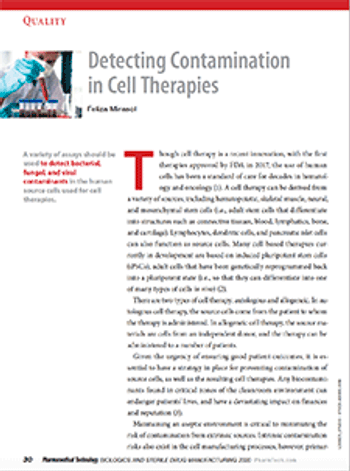
A variety of assays should be used to detect bacterial, fungal, and viral contaminants in the human source cells used for cell therapies.
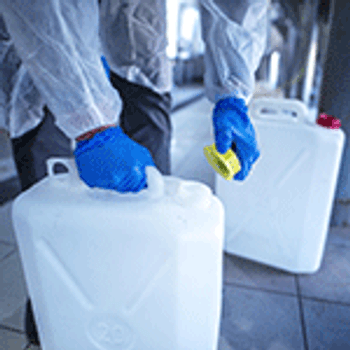
Conventional cleaning methods can risk product loss of biologics, prompting biopharmaceutical manufacturers to seek alternative criteria to validate cleaning processes.

Bioprocessing advances improve product yield, cut costs, and streamline integration between upstream and downstream processes.

Because conventional cleaning methods can risk product loss, biopharmaceutical manufacturers are often reluctant to use PDE/ADE limits to validate cleaning processes.
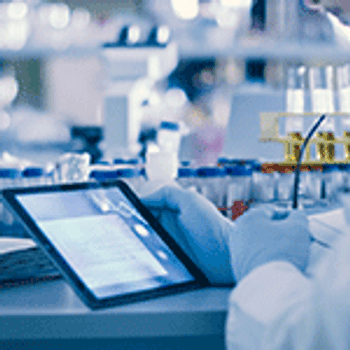
While new industry guidance documents issued by FDA speak to the agency’s efforts to promote the development of new gene therapies, certain hurdles remain to challenge stakeholders.

Tackling process development early on can better optimize manufacturing processes for emerging therapies.
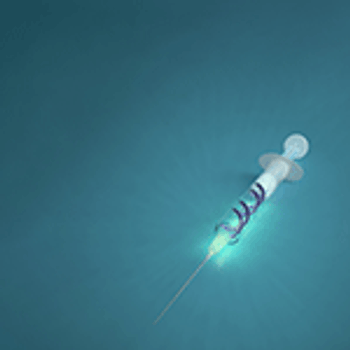
The growing interest in developing cell and gene therapies has prompted industry investment to grow manufacturing capacity.

The last year has seen intense investment activity into raising cell and gene therapy manufacturing capacity.

Published: September 21st 2023 | Updated:
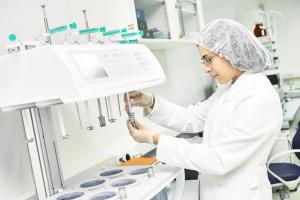
Published: August 2nd 2020 | Updated:

Published: November 1st 2024 | Updated:

Published: May 30th 2024 | Updated:

Published: November 16th 2023 | Updated:
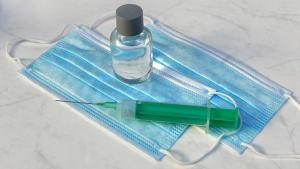
Published: November 3rd 2020 | Updated: